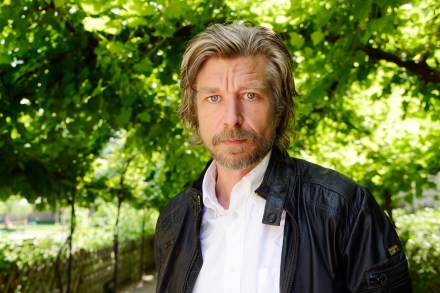Cosy crime flourishes in the pick of the summer’s thrillers
Cosy crime was once the literary world’s guilty secret, a refuge for any reader seeking entirely unchallenging entertainment – like an Escoffier chef with a private penchant for Mars Bars. It has always proved a great getaway in tough times, which helps explain the extravagant success of Richard Osman’s novels. Murder Before Evensong by the Reverend Richard Coles (Orion, £16.99) follows on Osman’s heels, with the advantage of it being both a more interesting story and a better writer telling it. It begins with an array of clichés, a feature of the cosy genre. Daniel Clement is a man of the cloth, tending the rural flock of a small village





















